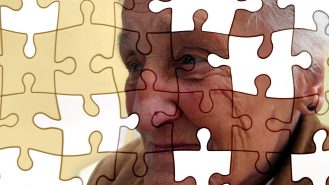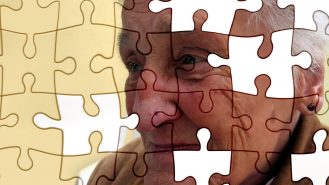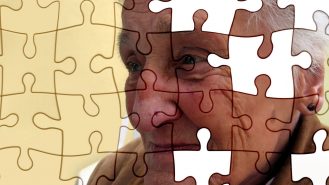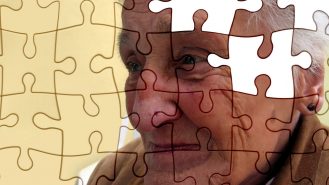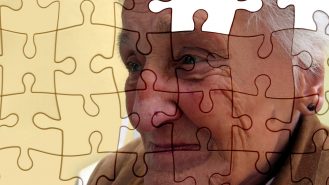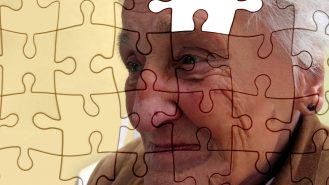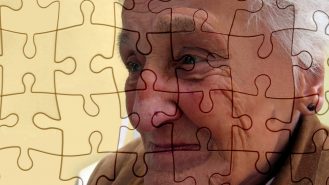Course organiser:Denise Burrow
Presenter:Frieda Looser
Flowing through many images that capture the essence of Christchurch is the River Avon. From the springs at Avonhead to the outflow to the ocean by Rapanui Shag Rock, the Ōtākaro Avon River has contributed to the wellbeing of humans and wildlife for centuries. Since European settlement in the 1840s, history has been created and witnessed along the riverbanks. This series will be a visual delight as well as an historical exploration of the buildings and suburbs of our city of Christchurch as it has changed over time, and with the four seasons, along the banks of our iconic river.
Frieda Looser has an MA (Hons) in History and is the author of Fendall’s Legacy, a history of Fendalton and Northwest Christchurch. She was a Senior Tutor in the History Department at the University of Canterbury, tutoring and lecturing in a number of courses, and currently teaches in the UC Academic Skills Centre.
